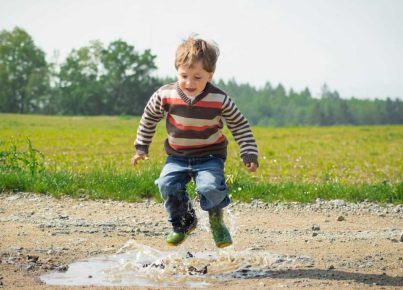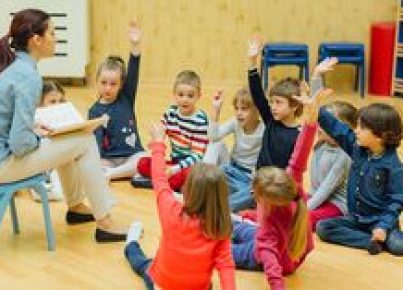Introduction
Outdoor learning is a critical aspect of early childhood education, offering a multitude of benefits for children’s development. Encouraging children to explore and engage with the natural world can help them develop essential skills while sparking their curiosity and sense of wonder. This article will highlight the importance of outdoor learning for young children and share some effective activities and strategies for incorporating it into the early years curriculum.
The Benefits of Outdoor Learning
1. Physical Development: Outdoor play helps promote physical development, as children engage in various physical activities such as climbing, running, and jumping. The natural environment offers plenty of opportunities for developing gross motor skills, strength, and balance.
2. Cognitive Development: Exploring the outdoors improves cognitive development by providing different sensory stimuli that challenge a child’s thinking and problem-solving abilities. Being out in nature encourages children to observe, ask questions, hypothesize, experiment, and learn through trial and error.
3. Social-Emotional Skills: Outdoor learning fosters social-emotional development by giving children ample opportunities to collaborate, negotiate, communicate, and resolve conflicts.
4. Mental Health: Being outdoors has a positive impact on mental wellbeing. Natural settings help reduce stress levels and anxiety while increasing happiness and self-esteem in young children.
5. Environmental Awareness: Through outdoor learning experiences, children develop a greater appreciation for the natural world which can lead to a lifelong commitment to environmental stewardship.
Strategies for Implementing Outdoor Learning
1. Choice-Based Play: Provide open-ended experiences that encourage child-led exploration rather than rigidly structured activities. Allow children to choose their activities based on their interests while ensuring that educators are available to offer guidance and support when needed.
2. Playful Learning Spaces: Create stimulating outdoor environments with varied surfaces, play structures, natural materials, and access to loose parts for endless imaginative play opportunities.
3. Integrating Academics: Effectively blend outdoor learning with academic instruction by linking classroom subjects with outdoor themes. For example, teach math concepts using natural materials or practice literacy skills through nature-based storytelling.
1. Daily Outdoor Time: Incorporate regular outdoor time in the daily schedule, even in inclement weather, to encourage consistent exposure to outdoor learning experiences.
2. Encourage Risk-Taking: Support children in taking age-appropriate risks and experiencing the natural consequences of their actions during outdoor play. This process fosters resilience and self-confidence.
Conclusion
Outdoor learning plays a vital role in early childhood development and should be an integral part of the early years curriculum. By encouraging children to explore and engage with the natural world, we promote holistic growth while inspiring their connection to the environment and a lifelong love of learning.





